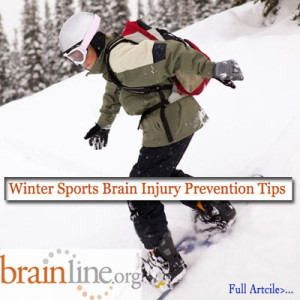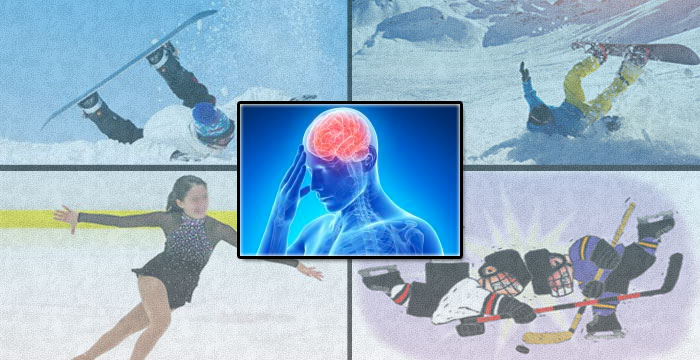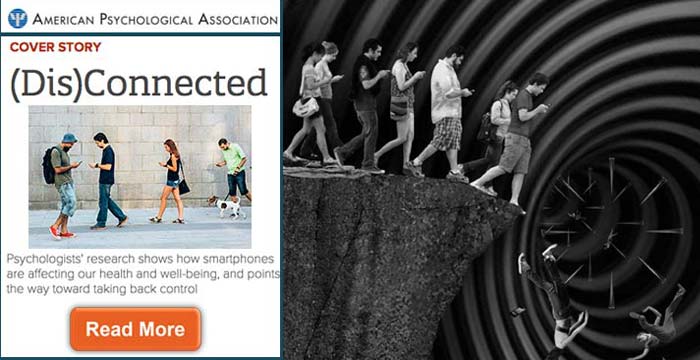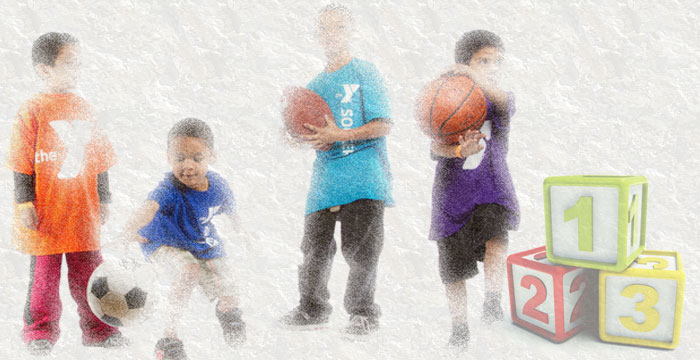 The article, “Winter Sports Brain Injury Prevention Tips” lists some useful tips to use while enjoying winter sports. Part of enjoying a sport is making sure that you can continue to enjoy it for years to come. The brain is a vital organ that controls everything you do. Please be safe and do not take it for granted. This goes for weekend warriors, skilled athletes, parents and children. I have highlighted the points from the article and inserted some commentary. For a more comprehensive read, which I recommend, please refer to the original source.
The article, “Winter Sports Brain Injury Prevention Tips” lists some useful tips to use while enjoying winter sports. Part of enjoying a sport is making sure that you can continue to enjoy it for years to come. The brain is a vital organ that controls everything you do. Please be safe and do not take it for granted. This goes for weekend warriors, skilled athletes, parents and children. I have highlighted the points from the article and inserted some commentary. For a more comprehensive read, which I recommend, please refer to the original source.
- Always wear a properly fitted helmet and replace it after a serious fall.
Too often, I have seen children use an older siblings helmet that has expired or does not fit properly. Parents, please spend the money on a properly fitted helmet that is up to date. - Have fun but know your limitation.
Do not extend yourself past your point of safety. Avoid the stunts even though it might be fun to attempt what you witness skilled athletes perform. Additionally, do not ski or snowboard past your point of exertion or fatigue. That is the most common time that injury is likely to happen. You can always hit the slope the next day. - Be familiar with your surroundings and stay alert.
Keep in mind that there are other people on the ski slope. The worst thing that you could do on your first run down is to not pay attention to the nuances of a ski slope. There are reasons that the ski patrol places barriers up close to a tree line (danger). Additionally, skiing and listening to music via headphones can force you to attend to the wrong information (music) instead of listening to relevant stimuli (other skiers). The demands of skiing impose enough challenge to the athlete without additional distraction. Focus on the process of skiing or snowboarding instead of the music. Absorb the sights, sounds and feel or the slope. - Be aware of the warning signs for concussion
• headaches
• weakness
• numbness
• decreased coordination or balance
• confusion
• slurred speech
• nausea
• vomiting
• loss of consciousness
If you have sustained a concussion, the first step is to have a proper initial evaluation. It is beneficial to make an error on the side of caution, especially if there is a loss of consciousness or memory.
Here are a few of the common interventions to be considered in the course of treatment.
- Treat the TBI as you would any other injury by practicing self-care (sleeping and eating at regular intervals, etc.) There is no such thing as too much rest.
- Adjust your school/work schedule for work completion in a manner that is slow and steady. Schools will make accommodations with medical documentation. This can extend time lines for work completion. This may be more difficult in the workplace; however, it is just as necessary. Prioritize and plan your work taking breaks and avoiding too much time at the computer (screen time).
- Take smaller and systematic steps in your return to play, even if it means missing a big game. Try and place things into a larger perspective. Returning to your sport is more important than one game.
- Stay connected with your team and co-workers. Barring regulations, attend practices and meetings to reduce isolation and depression. Work and athletics are still a large part of one’s identity.
- If you have any feelings of depression, anxiety, or panic for a length of time understand that this may be a product of the injury.
- If this not your first concussion, be even more cautious and mindful of these words of advice.
In the majority of cases, the majority of symptoms abate in less than 10-12 days. If the symptoms extend beyond then, it might dictate a multi-disciplinary approach from different health care professionals such as a neurologist, physical therapist, neuropsychologist and psychologist. Each health care practitioner has a specific role in treatment.
Like any other injury, each person’s course of recovery is different depending on a variety of factors such as: a prior history learning disabilities, Attention Deficit Hyperactivity Disorder (ADHD), previous incidents of concussion, and age at first concussion.
Recently, I had the opportunity of hearing some cases that involved traumatic brain injury. It only reaffirmed my own work, at New Jersey Clinical and Sport Psychology, with athletes and executives who have suffered from a traumatic brain injury. Athletes may be experiencing pressure, both internally and externally, to return to play. Similarly, executives may be experiencing the pressure to complete a project for a big account. While both individuals want a speedy return to sport or work soon after TBI, the brain needs time to heal like any other injury.
At New Jersey Clinical and Sport Psychology in Ridgewood, NJ, John E. Macri, Ph.D., CC-AASP has worked with athletes and professionals who have suffered from concussion and post-concussion syndrome. Also, he is skilled at assessing the underlying cognitive processes associated with traumatic brain injury.




